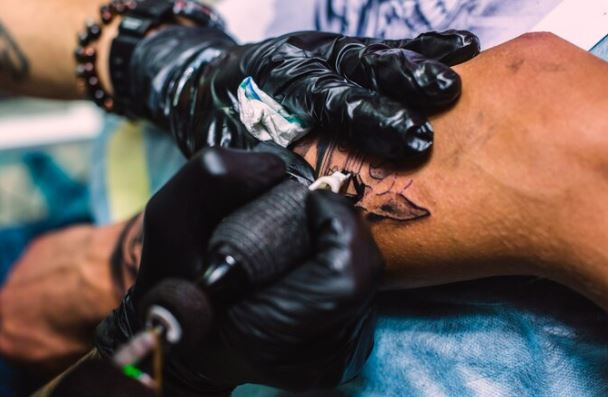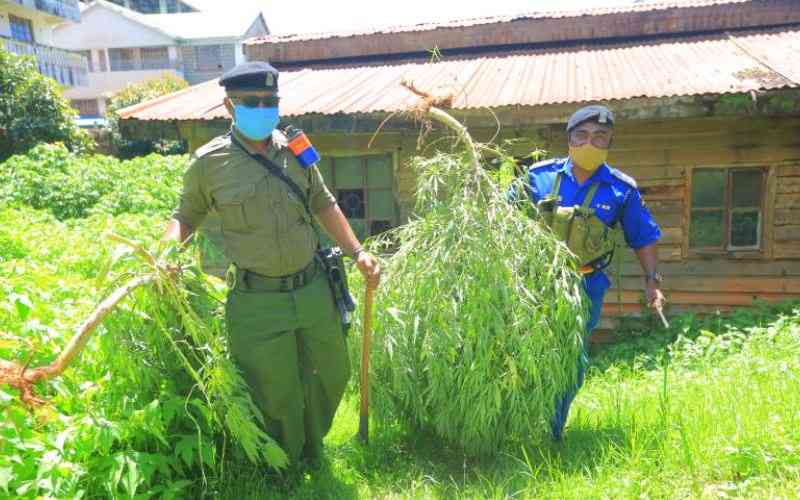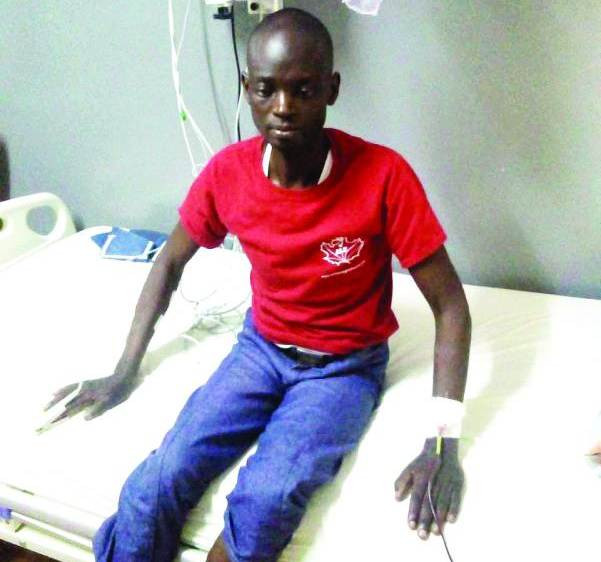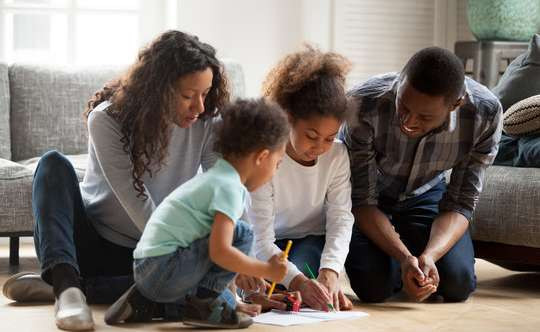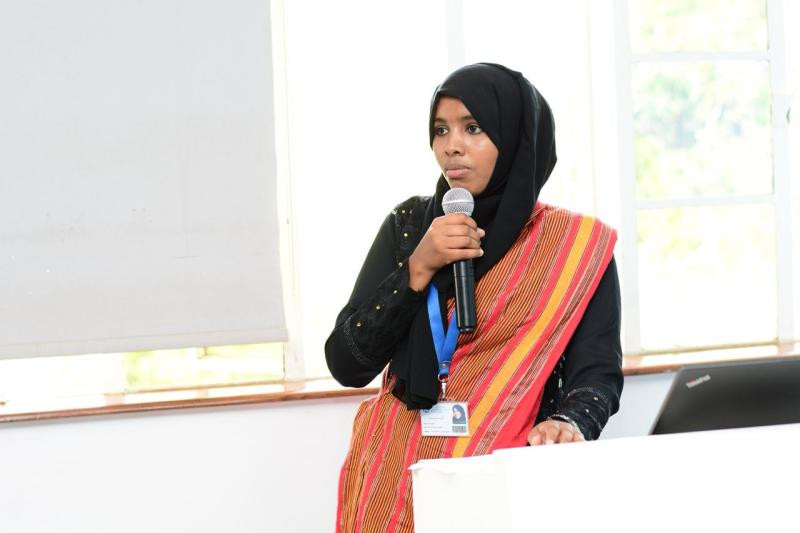
BENAZIR MOHAMMED was born and raised in a community where FGM has bee normalised. She tells JAEL MUSUMBA about her experience under the knife, and her resolve to push for an end to the abhorrent practice once and for all
Tell us a bit about yourself.
I hail from Garissa County, a community that is highly patriarchal and women's' rights are often violated. I run a community organisation called Silver Lining Kenya, which advocates for the rights of children and women. Our organisation runs various projects such as the 'Mentor Me' project and the 'Art and Advocacy' project.
What does your work entail?
The umbrella initiative focuses on educating, Equipping and empowering members of the community. We do this through scholarship linkages for girls, mentorship programmes for students and sourcing income-generating activities for women. We believe that educated girls and financially empowered women are key to bringing change in the society.
How do the various projects help to achieve your mission?
Before the Covid-19 pandemic, we had mentorship programs in eight secondary schools in Garissa under the 'Mentor Me' project. We worked closely with area chiefs to visit girls in their homes, to advise them on teenage pregnancy and forced marriages. We also gave them dignity kits.
- Seven First Ladies join hands in fight against FGM as Kuria community vow to end vice
- Borana leaders urge elders to enforce FGM ban
- Allow GBV survivors access P3 forms for free, CS Jumwa tells police
- First Lady calls action on rising FGM cases
Keep Reading
In the Art and Advocacy project, we gave minors an opportunity to express their fears through drawing and story-telling. I love telling stories and from a young age I wanted to be in radio. I am still passionate about it, so I used my skill to give girls the chance to share their experiences. As a literature teacher I use characterization, whereby girls build a character to tell a story.
How did you become an activist?
It was actually accidental. After the infamous 2015 Garissa University attack, there was a mass exodus of teachers fleeing the area. I began volunteering at the North Eastern Province Girls' High school, which was one of the hardest hit. At the time, I had just enrolled in campus and was on my first long holiday. Schooling outside Garissa had given me the opportunity to interact with other bold girls, so I was also confident.
How was your experience as a teacher?
I interacted well with the girls although they were naive and shy. During that time, I noticed that some girls would faint during their menstrual periods. This was a nasty side effect of Female Genital Mutilation (FGM).
Can you explain this more?
Infibulation, also called Type III FGM involves the removal of the external female genitalia and the suturing of the vulva. When this part is blocked, the menses do not have a clear channel to flow out so most girls get infections and complications such as fainting or extremely painful menses. I went through similar experiences as a FGM survivor and that is why I want to end this. This is where it all started.
You are also a passionate Gender Based Violence (GBV) activist, what motivates you?
My drive to protect women stems from the challenges I have seen young women in my community face from forced marriages to domestic violence. I wanted to speak about these atrocities and protect as many young women as I can through my voice.
What was the response when you first began campaigning against FGM?
No community appreciates an individual who defies their norms and ways. I was questioned on why I accepted to be cut and yet I want to mislead their girls. I have faced many challenges, but I believe in a soft power approach and the use of dialogue.
Have you made any progress with your campaign?
Ending FGM is a gradual process. That said there has been a diversion from the infibulation type to a slightly different one called 'Sunnah' where the cutting is minimized. This is slow progress and it will take time before this deeply rooted practice halts. That is why I put a lot of focus on the future generations; they are the future mothers and fathers who will protect their daughters.
What was your greatest fear when you began educating the community against FGM?
It was when I had to tell my grandmother not to cut my cousin. She is a very traditional woman and when having this discussion, she repeated how she was fine with what she had gone through. My biggest fear now is not being able to be there to save every girl.
What are the biggest lessons you have learnt through your initiative?
This initiative has taught me patience. I have learnt that change is a process and it is always important to respect the community members even when you are against some retrogressive practices
 The Standard Group Plc is a multi-media organization with investments in media platforms spanning newspaper print
operations, television, radio broadcasting, digital and online services. The Standard Group is recognized as a
leading multi-media house in Kenya with a key influence in matters of national and international interest.
The Standard Group Plc is a multi-media organization with investments in media platforms spanning newspaper print
operations, television, radio broadcasting, digital and online services. The Standard Group is recognized as a
leading multi-media house in Kenya with a key influence in matters of national and international interest.


